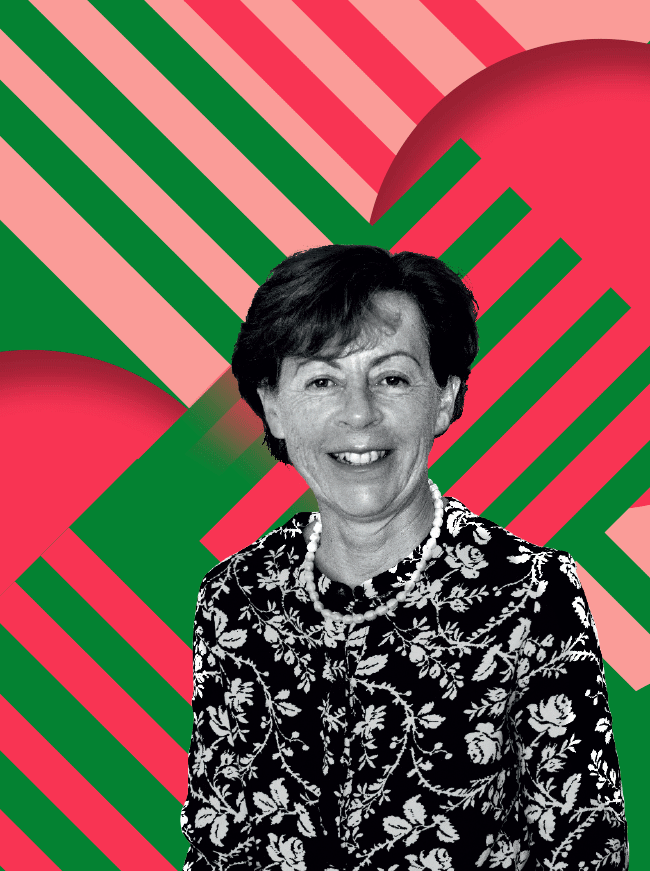The 2018 Mastercard Index of Women Entrepreneurs report showed that only 18.8% of business owners in SA are women, compared with 46.4% in Ghana. According to Mastercard’s study, although there are some exceptions, in general women entrepreneurs tend to fare better in developed countries where underlying conditions (knowledge, financial access) are more supportive. They can also be held back by other issues such as cultural bias and lack of support for entrepreneurs in general.
There are several good reasons why more effort should be made to tackle some of the restraints on women. SA needs to kick-start as much small enterprise as possible, and that includes businesses run by women as well as by men. Successful women are role models for other women and for their children. In a society where there are almost no successful female role models, the accepted wisdom becomes that women are inferior and can only fulfil certain restricted roles, such as wife, mother or daughter. Those biases cut out more than half of the population who could contribute towards growing the economy, if given equal access to opportunities.
Women who are single parents or have unemployed partners need to earn an income just as much as any man supporting a family. Many ‘unskilled’ women are already running small-scale enterprises from home – whether it is hawking, selling home-baked goods or garments – that allow them the flexibility to care for their children and do the necessary housework that is rarely done by a man in most traditional societies.
As they run their ‘side hustles’, these women are demonstrating their resilience and building up greatly under-rated entrepreneurial skills. For women with the talent and desire to run a business, cottage industries should not be their only option. Many could easily graduate to run more ambitious projects, if they were recognised and supported.
In a study by Yoco of SA women entrepreneurs, 57% of respondents said lack of capital was their biggest obstacle to starting up, and the issue that kept most of them up at night was how to manage their cash flow. These are the same problems faced by male entrepreneurs.
This is where government and big business can help. There should be a far more active search for women who have the interest and talent to run their own businesses. Without imposing quotas or punitive measures, it is important that those with the power to extend loans, procurement opportunities and mentoring/skills development (especially cash-management skills) should be aware of their responsibility to grow the pool of women entrepreneurs. This may involve a profound change in cultural outlook.
Since women, particularly in poorer communities, start with inherent disadvantages – a disproportionate responsibility for child rearing and housework, and preconceived notions that diminish their access to finance and opportunities, as well as their self-confidence – those issues should not be held against them when granting loans and access to markets. It’s not necessary to have an MBA to be an entrepreneur. With real will, solutions can be found to help women from very diverse backgrounds realise their potential.
In the end, it makes business sense to bring more women into the SME sector, as the Grameen Bank (founded by Bangladeshi professor Muhammed Yunus) showed. Grameen focused on micro-lending to women and found the repayment rate by women borrowers was consistently 97%, compared with 70% for the average bank that lent mostly to men.










